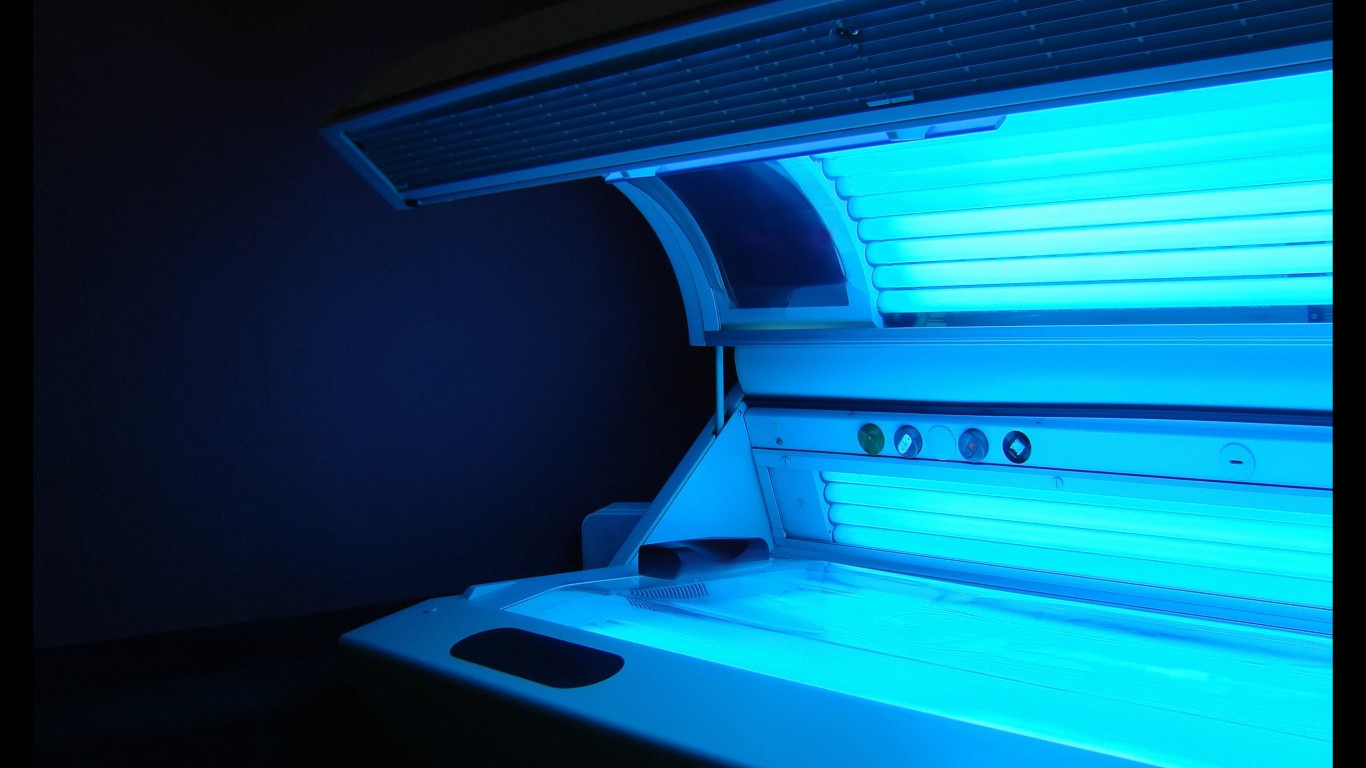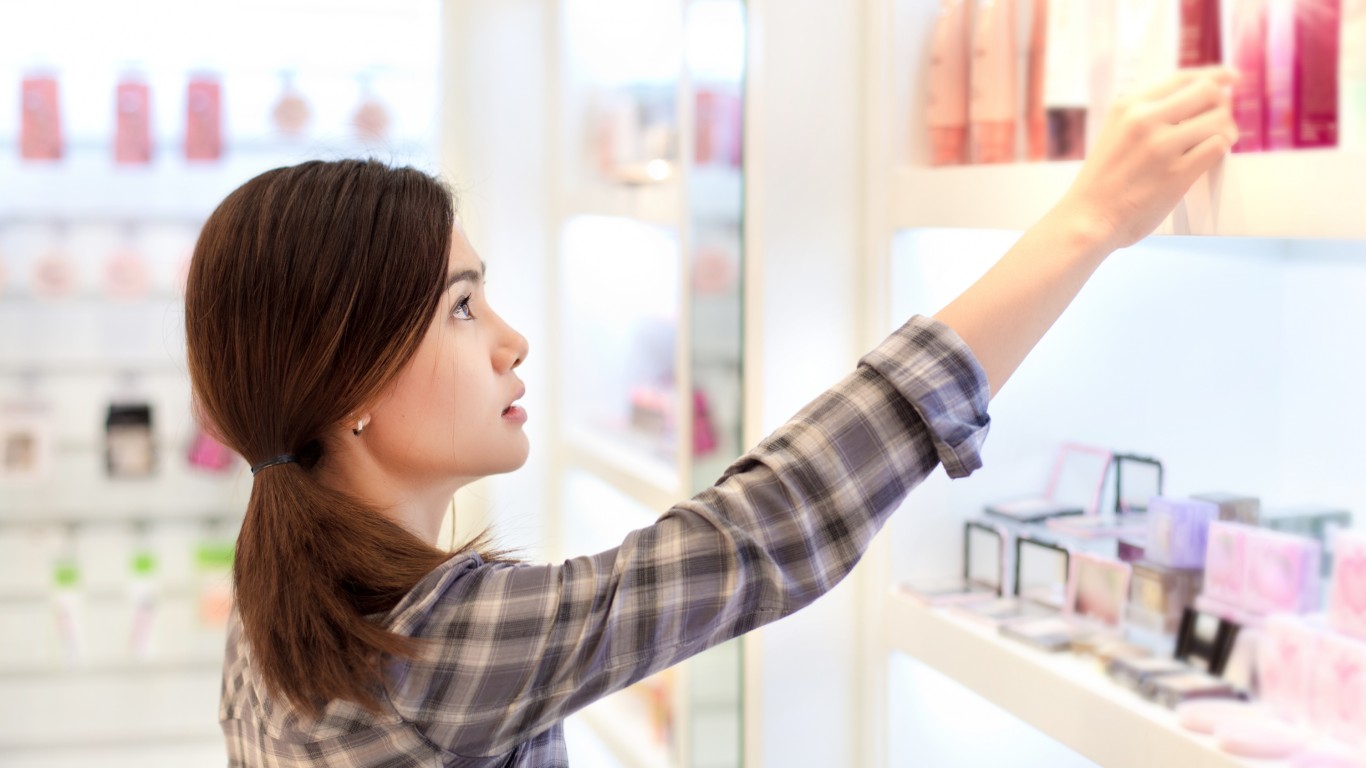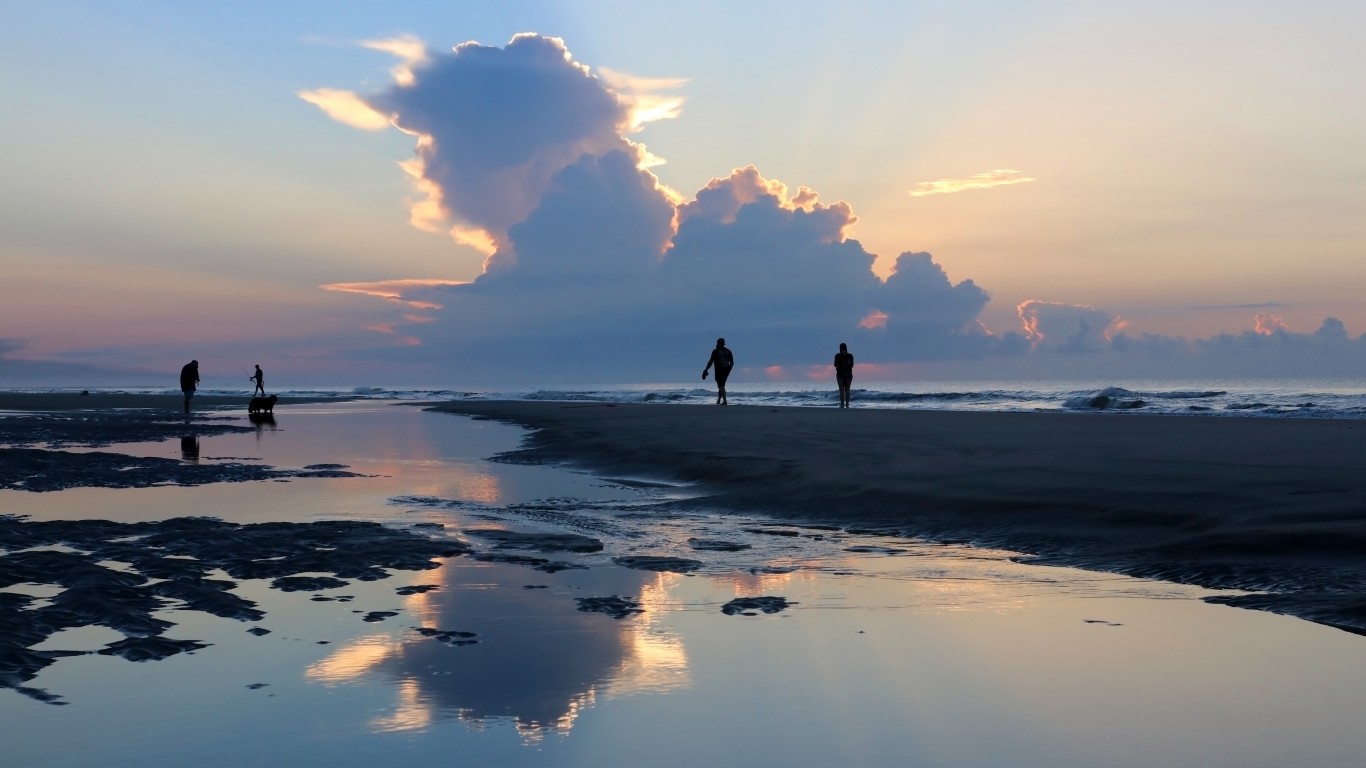
1. Sunscreen is not always necessary
Not wearing sunscreen regularly is one of the most common mistakes Dr. Heather Richmond, a dermatologist at the Dermatology and Laser Surgery Center in Houston, sees. “Wearing a daily sunscreen is the most important thing you can do to slow down the aging process.” This will lead to significantly fewer wrinkles and other signs of aging later in life, she noted. It will also reduce the risk of skin cancer.

2. Tanning booths are safer than the sun
Actively tanning, especially in tanning beds, is the most serious mistake you can make to hurt your skin, according to Richmond. Tanning is significantly linked to the development of all skin cancers, including melanoma, which can be deadly, she noted. “I am seeing much more melanoma and basal cell carcinoma in young women as early as their 20s and 30s who have a history of tanning.” In addition to increasing the risk of skin cancer, tanning dramatically accelerates aging of the skin, resulting in earlier wrinkles, uneven skin tone, persistent redness, and brown spots, Richmond added. The Department of Health and Human Services includes tanning beds on their list of known carcinogens.

3. Sunscreens are all the same
Ideally, you want mineral sunscreens with zinc and titanium because they block all harmful UV light and last longer, Intermountain Healthcare dermatologist Dr. Christopher English said. And they don’t cause allergic reactions, he noted. Chemical sunscreens, which contain oxybenzone and other potentially harmful chemicals, often protect against either UVB or UVA sun rays, not both. “But any sunscreen is better than none,” English said. “The benefits significantly outweigh the risks.”

4. Sun protection is only needed in the summer
“Although the UV rays may be less intense in the winter, they are always present and pass through clouds,” Richmond said. Damage from UV radiation accumulates throughout our lifetime and causes gradual photoaging — wrinkles, loss of elasticity, brown spots, and uneven skin tone. “Additionally, UV radiation causes damage to the DNA in our skin cells and may ultimately result in skin cancer,” Richmond said.

5. Wearing sunglasses is not necessary
Hats are always helpful for protection of the scalp, face, and neck from the sun. “However, sunglasses are recommended as well since, depending on the angle, the eyes or areas around the eyes may not be in consistent shade, depending on which hat is used,” Richmond said. “In addition to protecting against fine lines around the eyes, sunglasses also protect the eye itself from sun damage, which can lead to [vision] changes,” she added.

 24/7 Tempo
24/7 Tempo




